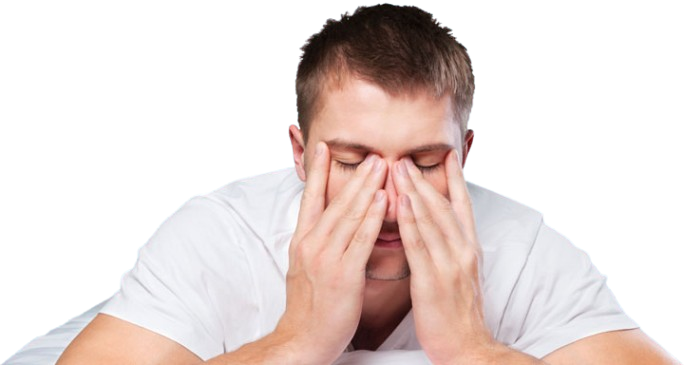We often hear this at Auckland Sleep:
“I’m just so tired—every day, no matter how much I sleep.”
But what does tired actually mean? Is it sleepiness? Fatigue? Or could it be linked to low mood or depression?
Understanding the difference between these feelings is the first step in finding the right treatment—and getting your energy (and life) back on track.
Sleepiness, Fatigue, or Depression: What’s the Difference?
These three terms are often used interchangeably, but medically and behaviourally, they describe very different experiences.
1. Sleepiness – the urge to sleep
This is also called drowsiness. If you sat or lay down, you’d likely fall asleep within minutes. It’s your body demanding more rest—and not just emotionally, but biologically.
“When patients at Auckland Sleep say they nod off in meetings or fall asleep during movies, that’s a strong indicator of excessive sleepiness,” says Dr Sumit Samant, ENT Surgeon and Founder of Auckland Sleep.
Sleepiness is often linked to sleep disorders such as obstructive sleep apnoea, (Pls change to Restless Leg Syndrome , or insomnia.
2. Fatigue – low energy, but not necessarily sleepy
Fatigue is more of a whole-body exhaustion—physically and mentally. You might lie down but not fall asleep. Instead, you feel flat, drained, and unmotivated.
“Fatigue can stem from disrupted sleep, chronic stress, burnout, or underlying medical issues. At Auckland Sleep, we work closely with GPs and specialists to help rule out medical causes and explore lifestyle contributors,” explains Anitha Patel, Insomnia Specialist.
3. Depression – mood changes that impact sleep and energy
Depression often includes fatigue or sleep disruption, but it’s also accompanied by persistent sadness, hopelessness, or disinterest in daily life.
It can feel like a lack of energy—but it’s deeply connected to mental health. What’s more, poor sleep and depression can reinforce each other in a challenging cycle.
“At Auckland Sleep, we approach this carefully. We ask, ‘If you laid down right now, would you fall asleep?’ That simple question helps us begin to untangle whether we’re looking at sleepiness, fatigue, or something more mood-related,” says Dr Samant.
Why the Distinction Matters
Getting the right diagnosis is key. Sleep supplements won’t fix emotional exhaustion. Therapy won’t reverse sleep apnoea. And more sleep won’t cure depression on its own.
That’s why Auckland Sleep takes a multi-disciplinary approach. With eight different areas of sleep expertise under one roof, we look at every angle—from physical sleep disorders to stress, nutrition, breathing, and mental wellbeing.
Not sure where to start? Take our free self-assessment to identify your key sleep disruptors in under 2 minutes.
When to Seek Help
If you:
- Wake up tired despite a full night’s sleep
- Nod off during the day without meaning to
- Struggle with low energy or low mood most days
- Feel exhausted but can’t actually sleep
…it’s time to dig deeper. Our comprehensive diagnostic pathway, the SNAP Package, allows us to pinpoint the issue quickly—whether it’s a sleep disorder, lifestyle imbalance, or mood disruption.
With our Sleep Navigation Action Plan (SNAP), you’ll leave with a clear, personalised path forward.
You Don’t Have to Feel Tired All the Time
Whether you’re sleepy, fatigued, or emotionally drained, your tiredness is telling you something. We’re here to help you listen—and get the right support.
Book a consultation or start with our free online tests today.


